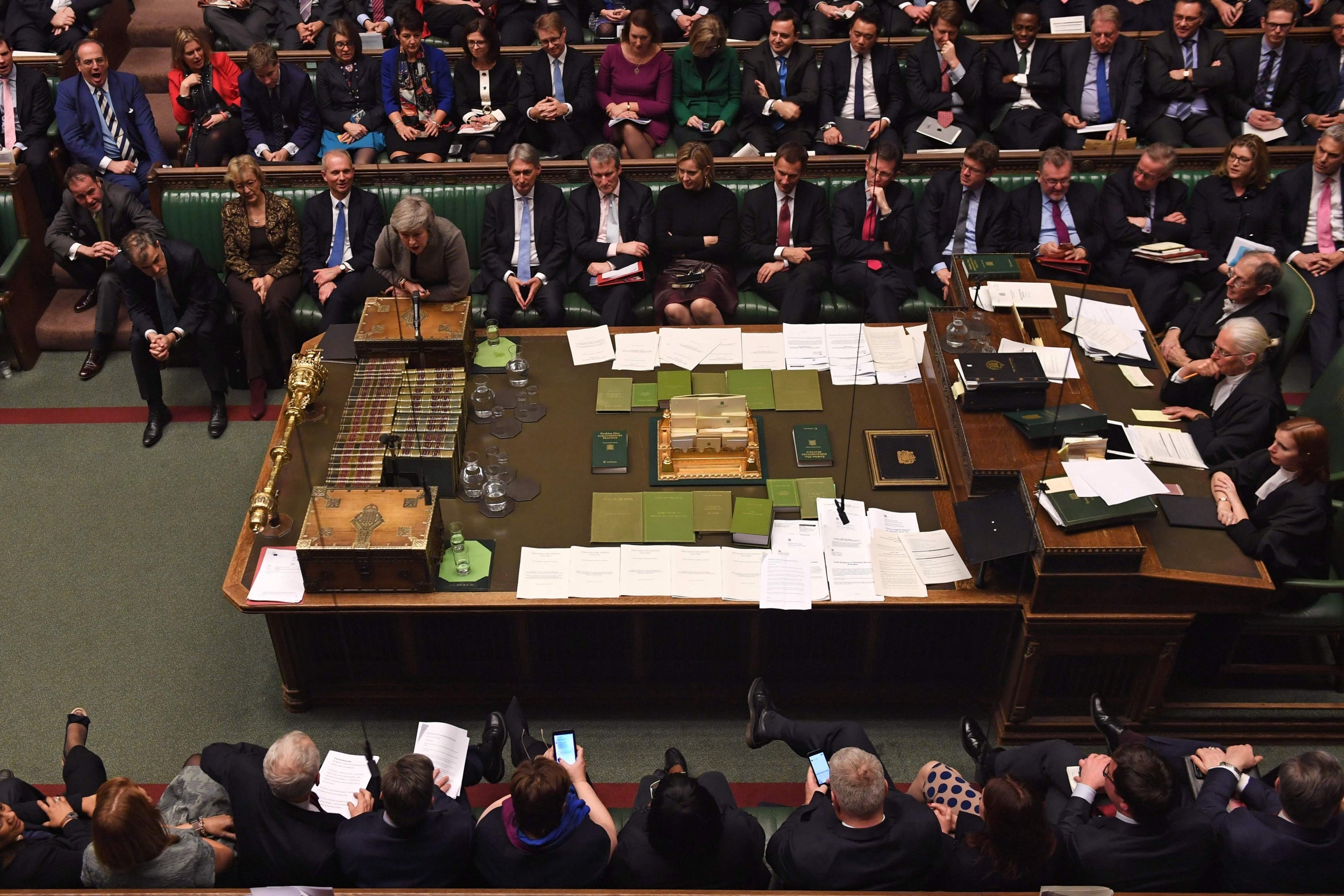Revoking Article 50: Everything you need to know about stopping Brexit
Analysis: The idea of Brexit being reversed is simple in principle, although in practice it would prove highly controversial, as Jon Stone explains


Late last year the European Court of Justice ruled that Britain had the power to revoke Article 50 and cancel Brexit.
Here’s everything you need to know about the ruling and how revocation would work in practice.
What is the process for cancelling Article 50?
The process is fairly simple: the government would have to send its notification to the European Council in writing – in much the same way as it started the process. The court says this notification must follow “a democratic process in accordance with national constitutional requirements” – more on that later. The UK would then stay in the EU and there would be no change to its current relationship.
When is the last date Article 50 can be revoked?
The ECJ ruled that revocation can happen within the two year negotiating period, or any extension to it. So the current last possible date is 29 March 2019, when Britain is set to leave – but it could be extended further if the 27 other EU countries unanimously decide to grant an extension.
Additionally, if a withdrawal agreement somehow comes in earlier, then revocation would not be possible from that point – though this appears unlikely for the UK given the current course of events.
Does it need approval by the EU?
No approval from any EU institution or member state is needed – the ability to revoke Article 50 is the departing member state’s alone.
Ironically, given some of the arguments at the referendum, the ECJ ruled this is because under EU law the withdrawal process “reflects a sovereign decision to retain its status as a member state of the European Union, a status which is neither suspended nor altered by that notification”.
Who can ask for revocation: the parliament, the government, the prime minister?
The ECJ says the decision to withdraw the notification has to be made in line with the country’s “own national constitutional requirements” – whatever they may be.
Given the UK Supreme Court ruled that Article 50 could only be triggered with a vote of parliament, it is quite likely that it would need to be revoked by a vote of parliament. The court’s advocate general said in his recommendation that it was “logical that the revocation of that notification also requires parliamentary approval” given it was required to trigger the process.
The government’s lawyers appear to have conceded this point: in their submission to the ECJ during the course of this case they said parliament must have “directed the government” to withdraw Article 50.
However, neither of these strong indications actually make it law. Given what’s riding on the question and the ambiguity of the UK constitution, there is likely to be a legal challenge no matter what happens. Only then will we be absolutely certain. But it’s probably a parliamentary vote.
Are there any constraints, and does a reason have to be given?
No reason has to be given. The advocate general’s opinion prior to the judgment said member states could not use Article 50 notification and revocation as an “abusive practice” – and they have to be acting in good faith. There was no mention of this in the final ruling, but the court did say the withdrawal had to be based on an “unequivocal and unconditional decision”.
Can this be used to temporarily postpone or suspend withdrawal?
No, or at least not officially. The text of Article 50 spells out a formal process for extending the Article 50 negotiating period, and that requires a unanimous vote of the European Council. As mentioned above, the revocation has to be an “unequivocal and unconditional decision”.
However, once the UK has revoked Article 50, there would be nothing stopping it from deciding to leave again. So this would be quite difficult to police, and in practice it could potentially be used to reset the two year negotiating period. This would probably make other EU member states, and officials, extremely angry however.
Would anything else have to be done to stop Britain leaving the EU?
As far as EU law is concerned, no. But there is also the matter of UK statute law, which enshrines the exit date in domestic legislation. The status of this is a matter of debate – though given a Commons majority would be required to revoke Article 50, further votes would probably be a formality.
Got an unanswered question about Brexit? Send it to editor@independent.co.uk and we’ll do our best to supply an answer in our Brexit Explained series
Join our commenting forum
Join thought-provoking conversations, follow other Independent readers and see their replies
Comments